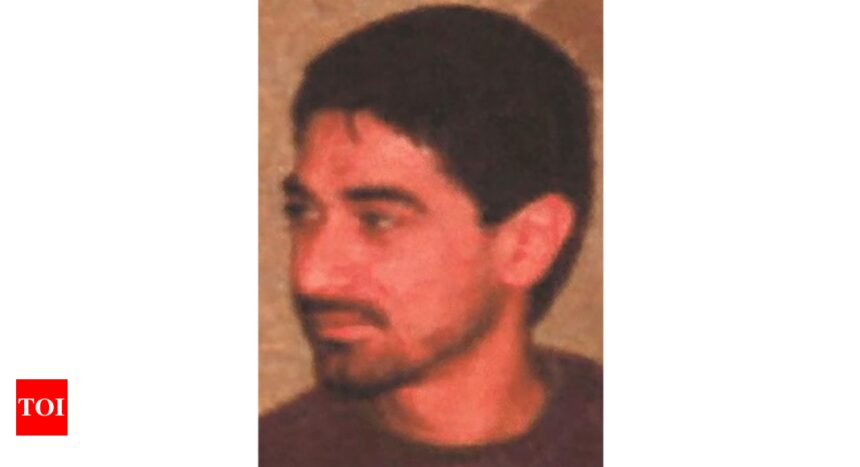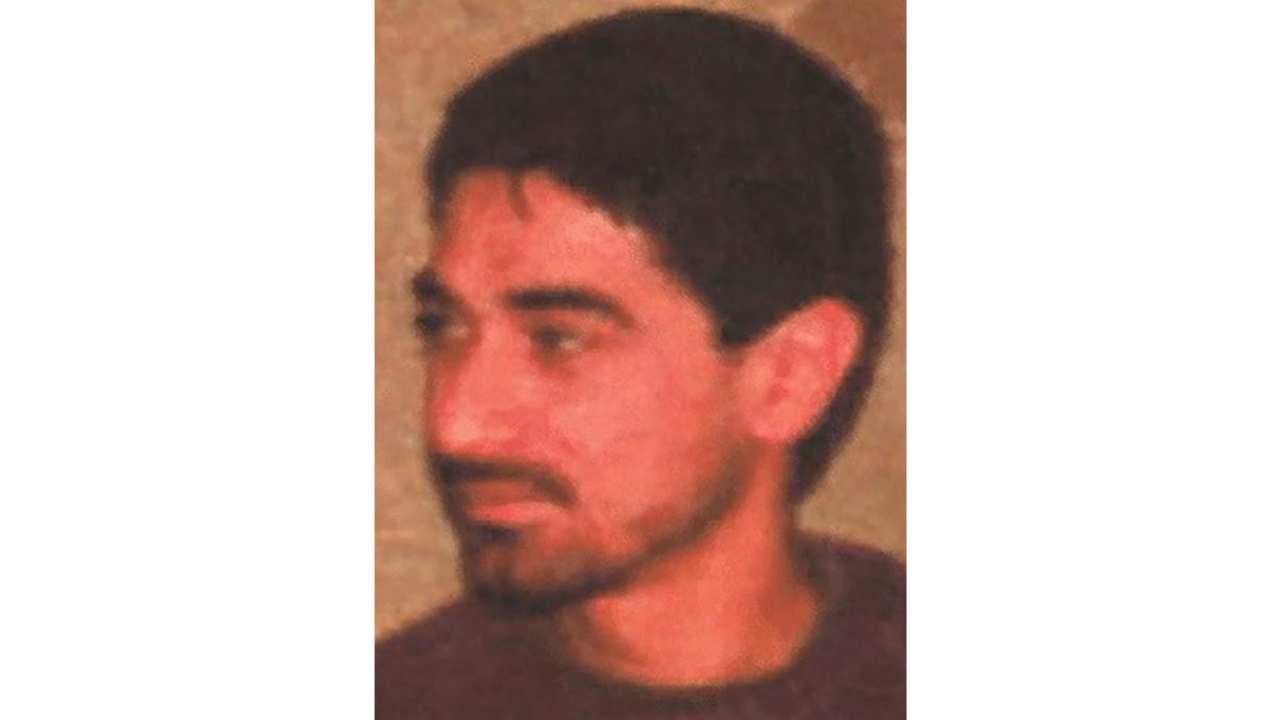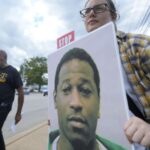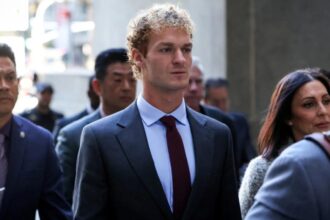Ibrahim Aqil, a senior Hezbollah commander and head of the elite Radwan forces, was killed in an Israeli airstrike on Beirut’s southern suburbs on Friday, according to Israel.
Aqil was planning an assault on Israeli territory, with the goal of penetrating and attacking communities in the Galilee, Israel Defense Forces (IDF) said.
The IDF added that his objectives were similar to those of Hamas during the October 7 attacks.
The Israeli military confirmed the incident, stating that Aqil and his forces were located underground beneath a residential building in the Dahiyeh area, using civilians as human shields.
Who was Aqil?
In 2015, the US department of the treasury designated Aqil as a specially designated national due to his actions on behalf of Hezbollah. In 2019, he was further designated a “specially designated global terrorist” by the US state department.
In the 1980s, Aqil was involved in major attacks, including the 1983 bombings of the US embassy and the US Marine Corps barracks in Beirut, which resulted in numerous casualties. He also led hostage-taking operations involving American and German nationals in Lebanon. The US treasury also noted his involvement in the 1986 bombings in Paris.
In April 2023, the US offered a $7 million reward for information leading to Aqil, marking the 40th anniversary of the embassy bombing.
‘Key leader’ in Jihad Council
The United States placed Aqil, alias Hajj Abdul Qader, on its sanctions list nearly a decade ago, describing him as a “key leader” in Hezbollah’s highest military body, the Jihad Council. According to the US treasury, Aqil played a major role in Hezbollah’s military campaign in Syria.
Aqil was second-in-command of Hezbollah’s military operations, after Fuad Shukr, who was killed on July 30 in an Israeli strike.
Aqil also headed the Radwan Force, established after the 2006 Second Lebanon War. It specialises in ground warfare and high-risk missions, including cross-border infiltration into Israeli territory. Radwan fighters have also gained experience in conflicts outside Lebanon, particularly in Syria.
Lebanese officials said that Israel has repeatedly demanded, through international mediators, that Radwan Force fighters be removed from the border area.
Since October, Hezbollah has lost several commanders, including Mohammed Naameh Nasser and Taleb Abdallah, both killed in Israeli airstrikes. Radwan Force’s top commander, Wissam Tawil, was also killed in January.
In the Israeli military strike in Beirut, seven people were killed along with Ibrahim Aqil. The strike targeted Beirut’s southern suburbs, injuring 59 people and causing significant damage to Hezbollah. The attack came just one day after Hezbollah leader Hassan Nasrallah had threatened retaliation against Israel.
Hezbollah has not officially confirmed Aqil’s death but claimed that the strike targeted an Israeli intelligence base and was responsible for unexplained “assassinations.”
Aqil was planning an assault on Israeli territory, with the goal of penetrating and attacking communities in the Galilee, Israel Defense Forces (IDF) said.
The IDF added that his objectives were similar to those of Hamas during the October 7 attacks.
The Israeli military confirmed the incident, stating that Aqil and his forces were located underground beneath a residential building in the Dahiyeh area, using civilians as human shields.
Who was Aqil?
In 2015, the US department of the treasury designated Aqil as a specially designated national due to his actions on behalf of Hezbollah. In 2019, he was further designated a “specially designated global terrorist” by the US state department.
In the 1980s, Aqil was involved in major attacks, including the 1983 bombings of the US embassy and the US Marine Corps barracks in Beirut, which resulted in numerous casualties. He also led hostage-taking operations involving American and German nationals in Lebanon. The US treasury also noted his involvement in the 1986 bombings in Paris.
In April 2023, the US offered a $7 million reward for information leading to Aqil, marking the 40th anniversary of the embassy bombing.
‘Key leader’ in Jihad Council
The United States placed Aqil, alias Hajj Abdul Qader, on its sanctions list nearly a decade ago, describing him as a “key leader” in Hezbollah’s highest military body, the Jihad Council. According to the US treasury, Aqil played a major role in Hezbollah’s military campaign in Syria.
Aqil was second-in-command of Hezbollah’s military operations, after Fuad Shukr, who was killed on July 30 in an Israeli strike.
Aqil also headed the Radwan Force, established after the 2006 Second Lebanon War. It specialises in ground warfare and high-risk missions, including cross-border infiltration into Israeli territory. Radwan fighters have also gained experience in conflicts outside Lebanon, particularly in Syria.
Lebanese officials said that Israel has repeatedly demanded, through international mediators, that Radwan Force fighters be removed from the border area.
Since October, Hezbollah has lost several commanders, including Mohammed Naameh Nasser and Taleb Abdallah, both killed in Israeli airstrikes. Radwan Force’s top commander, Wissam Tawil, was also killed in January.
In the Israeli military strike in Beirut, seven people were killed along with Ibrahim Aqil. The strike targeted Beirut’s southern suburbs, injuring 59 people and causing significant damage to Hezbollah. The attack came just one day after Hezbollah leader Hassan Nasrallah had threatened retaliation against Israel.
Hezbollah has not officially confirmed Aqil’s death but claimed that the strike targeted an Israeli intelligence base and was responsible for unexplained “assassinations.”
Source : Times of India







